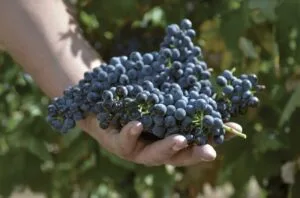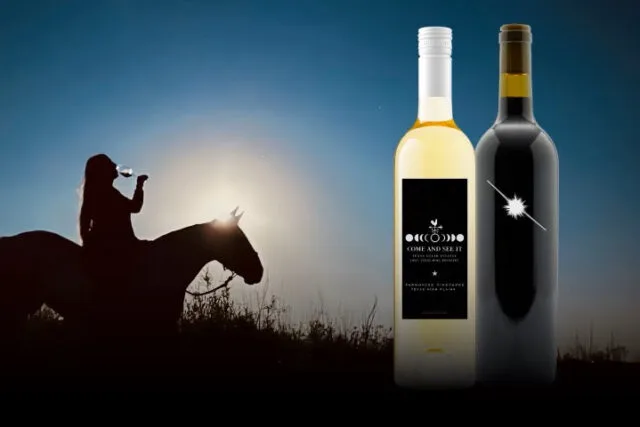Querol grapes at Familia Torres, whose technical team found the variety in Penedès in 1998.
As a result, Spain is home to a huge wealth of varieties ‘frozen’ in time, often in remote locations outside the perimeter of current designations of origin (DOs).
Crop specialisation and consolidation caused a considerable reduction in genetic diversity, reflecting a global pattern in recent decades. Many grape varieties and clones/biotypes were lost as producers followed market trends. Varieties with lower yields, longer growing seasons or those that were difficult to ripen – highly valued attributes today, ironically – were pulled up to make way for easier-to-farm, higher yielding and international counterparts (such as Cabernet Sauvignon or Chardonnay).
Return to the roots
But a revolution is underway. Spain is at an exciting moment in its history, with globally travelled, highly experienced individuals returning to their origins, eager to raise the profile of their regions and grapes. Against the backdrop of climate change and saturated markets, with many consumers hungry for new wines, the recovery of this valuable genetic heritage has become all the more relevant.
Forward-thinking producers such as the Catalonia-based Torres family began these efforts over three decades ago, having already recovered several once-forgotten varieties including Querol, Selma Blanca, Garró, Gonfaus and Moneu. The latter two are of particular interest due to their drought resistance and capacity to withstand high temperatures, attributes shared by many of the grapes that Castilla y León’s ITACyL agricultural technological institute has been working to recuperate since the year 2000.






